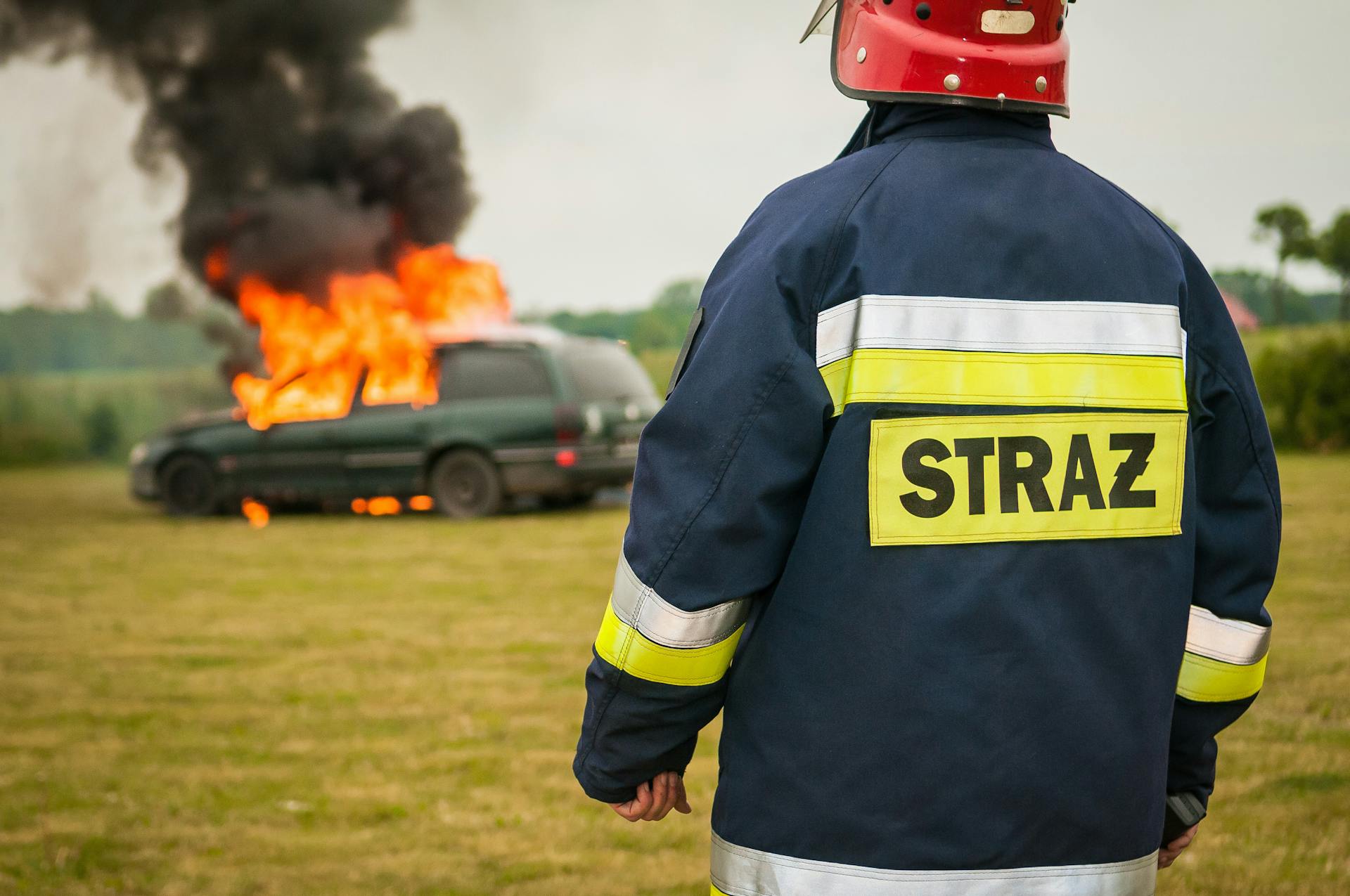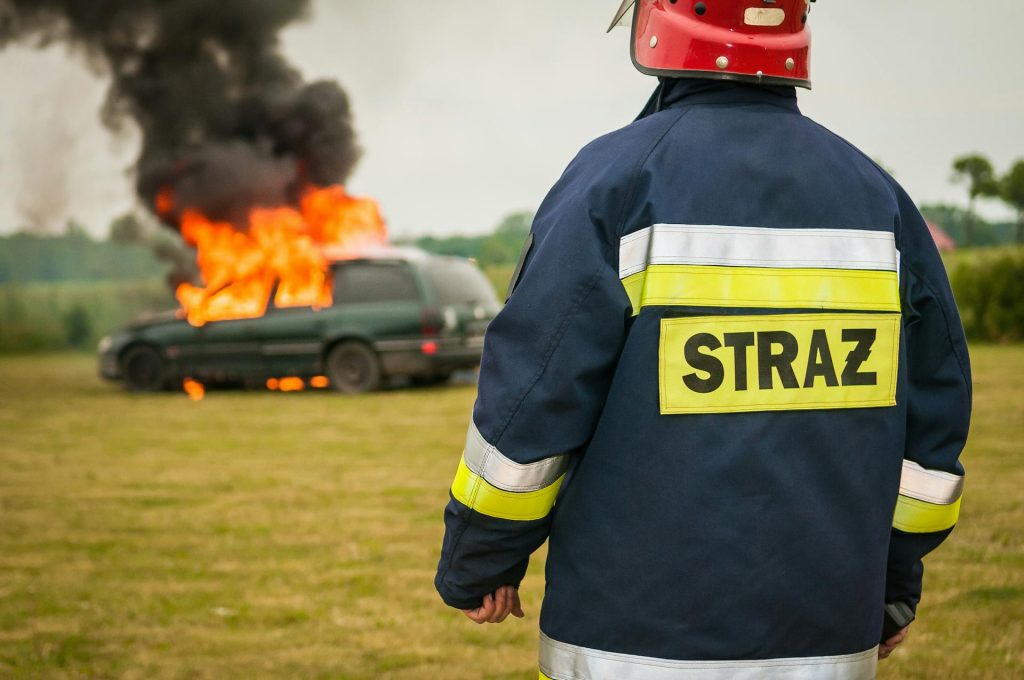Filing a police report after a car accident is more than just a formality—it’s a critical step in protecting your rights and ensuring accurate documentation of the incident. Whether you’re dealing with minor damage or significant injuries, having an official record can make a difference in how insurance companies, courts, and even law enforcement handle your case. Understanding the process is essential for drivers who want to avoid costly mistakes.

Why Filing a Police Report Matters
After a crash, emotions run high and details can be easily overlooked. A police report provides an unbiased, third-party account of the incident, documenting everything from the road conditions to witness statements.
In many states, the law requires drivers to report accidents involving injuries, fatalities, or significant property damage. Even when it’s not legally required, filing a report can help strengthen your position in car accident claims by providing an official record of the event. This documentation can prove invaluable when negotiating with insurance adjusters or presenting evidence in court.
When You Should File a Police Report
It’s generally recommended to file a police report after any accident that involves:
- Physical injuries to any party
- Death of a driver, passenger, or pedestrian
- Significant property damage
- A hit-and-run situation
- Disputes about who was at fault
In Nevada, for example, you must report an accident if it results in bodily injury, death, or property damage exceeding a certain threshold. Failing to do so can lead to penalties, fines, or complications with your insurance coverage.
Steps to Take Immediately After the Accident
Ensure Safety First
Before thinking about paperwork, make sure everyone is safe. Move vehicles out of the flow of traffic if possible, turn on hazard lights, and check for injuries. Call emergency services if medical assistance is needed.
Contact Law Enforcement
Even if the accident appears minor, it’s wise to contact local police or the Nevada Highway Patrol. Officers can arrive at the scene, take statements, and compile a formal report that you can later request a copy of.
Gather Information at the Scene
While waiting for law enforcement to arrive, exchange contact and insurance information with the other driver. Take photos of the accident scene, damage to vehicles, and any visible injuries. These details will help supplement the police report.
How to File the Report in Person
If an officer responds to the scene, they will typically file the report for you. You’ll need to provide your driver’s license, proof of insurance, and vehicle registration. The officer will interview all parties involved, speak with witnesses, and document their observations.
In cases where law enforcement does not respond—often the case in minor collisions—you may need to visit the local police station or Department of Motor Vehicles (DMV) office to file the report yourself. Bring any documentation you’ve gathered, including photographs and written statements, to ensure accuracy.
Filing a Report Online or by Mail
Some jurisdictions allow drivers to file police reports online or through the mail for non-emergency incidents. This option is useful for accidents that occur on private property or those involving only minor damage.
Be prepared to enter details such as:
- Date, time, and location of the accident
- Names and contact information of all parties involved
- Insurance policy numbers
- Vehicle descriptions and license plate numbers
- A narrative description of how the accident occurred
Accuracy is crucial—any discrepancies between your account and other records could weaken your position in a legal dispute.
How to Obtain a Copy of the Police Report
Once the report is filed, you can request a copy from the responding police department, DMV, or through an online accident report service. This copy may come with a small administrative fee, but it is worth obtaining for your personal records and for use in insurance or legal proceedings.
Having the report on hand is especially important if you work with a Las Vegas car accident lawyer who needs to review the facts and build a strong case on your behalf. Lawyers often rely on this documentation to cross-check witness statements, accident reconstruction data, and insurance company findings.
Common Mistakes to Avoid When Filing a Police Report
Waiting Too Long
Delaying the filing process can lead to lost evidence, fading memories, and reduced credibility. Aim to file the report as soon as possible after the accident.
Providing Incomplete or Incorrect Information
Leaving out details, or guessing about facts, can create inconsistencies that work against you. Stick to the facts as you know them, and avoid speculating about fault or other drivers’ actions.
Not Requesting a Copy
Filing the report is only half the job. Without a copy, you may have difficulty referencing the information later or providing it to insurance adjusters and attorneys.
The Role of Police Reports in Insurance and Legal Cases
Insurance companies often use police reports as a key piece of evidence in determining fault and settling claims. The report may include diagrams, statements, and details that help establish a clear sequence of events.
In legal cases, police reports can serve as a foundation for testimony, expert analysis, and accident reconstruction. Judges and juries frequently give considerable weight to these reports because they are created by trained, impartial officers.
Special Considerations for Multi-Vehicle Accidents
When more than two vehicles are involved, the complexity of the police report increases. Officers must carefully document each driver’s actions, the positioning of vehicles, and potential contributing factors such as weather or road conditions.
Drivers in multi-vehicle accidents should be especially diligent in collecting their own evidence, as these cases regularly involve disputes over fault and shared liability.
How Police Reports Influence Car Accident Claims
In many situations, the police report can directly impact the outcome of car accident claims. If the report clearly identifies the other driver as at fault, it can speed up the claims process and lead to a faster settlement. Conversely, if the report contains errors or leaves the question of fault unresolved, it may prolong negotiations.
Insurance adjusters are trained to scrutinize every detail of the report. Any discrepancies between the police report and your account may be used to challenge your credibility. This is why accuracy and completeness are so important when filing the report.
Working with Legal Representation
While you can handle the police report process on your own, working with an experienced attorney can provide additional protection. A skilled lawyer can:
- Review the report for inaccuracies
- Request amendments if necessary
- Gather supplementary evidence to strengthen your case
- Communicate directly with insurance companies and opposing counsel
If you’ve suffered injuries or significant financial losses, legal representation can ensure that you receive fair treatment and the compensation you deserve.
Final Notes on Protecting Your Rights
Filing a police report after a car accident is not just a bureaucratic step, it’s a vital part of protecting your legal and financial interests. The information it contains can help you secure fair compensation, defend against false claims, and provide clarity in what is often a confusing and stressful situation. By acting promptly, providing accurate details, and keeping copies of all documentation, you set the stage for a smoother recovery process both medically and financially.

Founder Dinis Guarda
IntelligentHQ Your New Business Network.
IntelligentHQ is a Business network and an expert source for finance, capital markets and intelligence for thousands of global business professionals, startups, and companies.
We exist at the point of intersection between technology, social media, finance and innovation.
IntelligentHQ leverages innovation and scale of social digital technology, analytics, news, and distribution to create an unparalleled, full digital medium and social business networks spectrum.
IntelligentHQ is working hard, to become a trusted, and indispensable source of business news and analytics, within financial services and its associated supply chains and ecosystems











